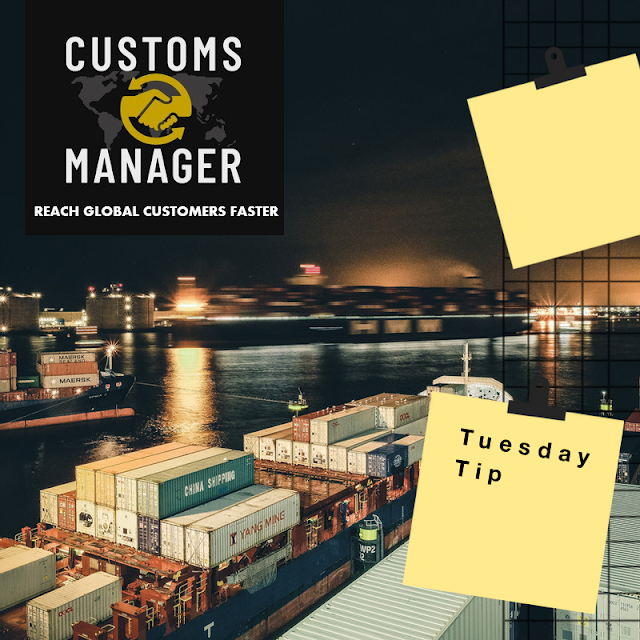Who are Sanctions Specialists?
A sanctions specialist is a professional who specializes in the field of international sanctions and trade restrictions. Sanctions are measures imposed by governments and international organizations to restrict or limit trade with certain countries, entities, or individuals for various reasons, including political, economic, or security concerns. The role of a sanctions specialist is to ensure that organizations comply with these restrictions and avoid violating sanctions laws and regulations.
1.
Knowledge of sanctions laws: A sanctions
specialist must have a thorough understanding of international
sanctions laws and regulations, as well as a deep knowledge of the political
and economic context in which sanctions are imposed. This requires a strong
background in international law, economics, and political science.
2. Monitoring
compliance: One of the
primary responsibilities of a sanctions specialist is to monitor the
organization's compliance with sanctions laws and regulations. This includes
keeping abreast of changes in sanctions regimes and ensuring that the
organization's trade activities comply with all applicable sanctions.
3. Risk
assessment: A sanctions specialist must be able to
assess the risk of sanctions violations and develop strategies to mitigate
those risks. This requires a thorough understanding of the organization's trade
activities, as well as a deep knowledge of the sanctions regimes and the
countries and entities that are subject to restrictions.
4. Implementing
controls: In addition to
monitoring compliance, a sanctions specialist must also implement controls to
ensure that sanctions violations do not occur. This may include developing and
implementing policies and procedures, conducting regular training and awareness
programs, and conducting regular audits and reviews to ensure that sanctions
laws and regulations are being followed.
5. Liaison
with government agencies: A
sanctions specialist may also be required to interact with government agencies,
such as the U.S. Treasury Department's Office of Foreign Assets Control (OFAC),
to obtain licenses or clarify sanctions requirements. This requires strong
communication and negotiation skills, as well as an ability to work effectively
with government agencies.
6.
Career development: A career as a sanctions specialist
can be highly rewarding and offer opportunities for professional growth and
advancement. Sanctions specialists may progress to more senior positions within
their organizations, or move into related areas such as trade compliance or
international trade law.



Comments
Post a Comment